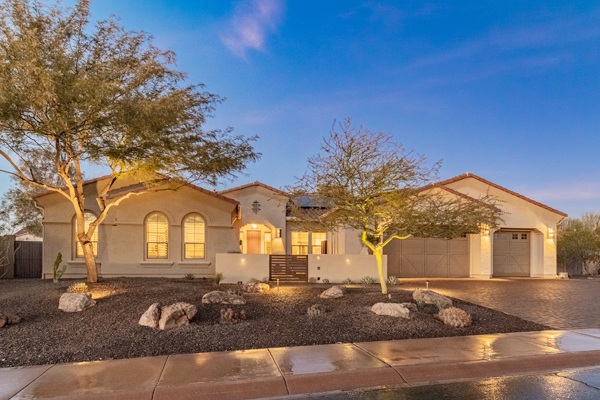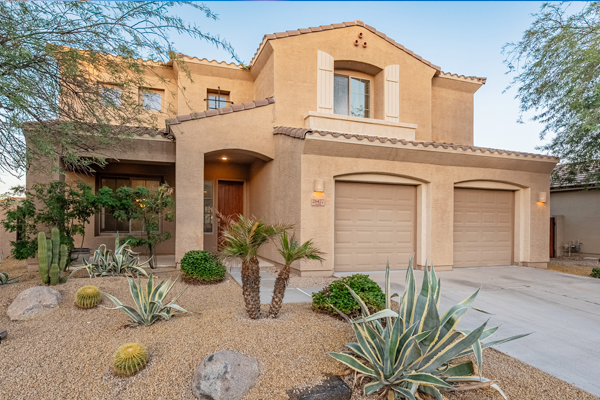Deed Fraud Is on the Rise: Stay Alert and Secure Your Home
What property owners in our area need to know about deed fraud.
Get the Most from Your Next Move. Start with a casual chat to craft a plan unique to your goals. Request a Call
Last month, I received numerous calls and inquiries, prompting us to revisit this topic for better clarity and provide additional assistance. The goal is to ensure that you do not fall victim to deed fraud or seller impersonation.
To summarize, a concerning trend has emerged over the past year: Several properties have been sold without the genuine seller’s knowledge. How does this occur, you might wonder? Here’s how: A phone call is made to a real estate agent regarding a vacant property, whether it’s land or a home. The caller assumes the identity of the seller.
During the call, they pose the right questions, possibly conduct a brief property analysis, determine the value, list the house, and use platforms like DocuSign for document submission. The impersonator, posing as the seller, signs all the documents and sends them back. Unfortunately, this scenario has become far too common.
Maricopa County has introduced a solution to safeguard your property. By using the provided link, you can register your properties. This step will trigger an alert if any activity related to your property’s deed occurs. However, this precaution alone may not suffice.
<div class="pullquote">“Unfortunately, deed fraud is on the rise.”</div>
Taking your protection to the next level involves engaging an attorney. The attorney can file what’s known as a “notice of interest of real property.” This document acts as an additional layer above your deed, instructing anyone dealing with the property that they must contact the seller before transferring ownership. These instructions are documented alongside the deed, indicating to title companies that seller verification is essential.
This strategy adds an extra layer of security. Keep in mind that this threat will persist. Last year saw a surge in deed fraud, and this year, it has evolved into seller impersonation—where individuals pretend to be sellers. This deception can be difficult to discern. Throughout my 36-year career in real estate, this evolving landscape has become our new reality.
However, there are ways to mitigate risk. Despite the impersonation of IDs, it’s advisable to request visual verification, even potentially through a Zoom call. Cross-reference the property address with tax records and the seller’s previous address to piece together information before engaging in transactions.
I trust this information proves useful. Should you have any questions, please don’t hesitate to call or email us. My team is always willing to help.
-
Get the Most from Your Next Move. Start with a casual chat to craft a plan unique to your goals. Request a Call
-
Free Home Valuation. Don’t trust a Zestimate. Get a personalized home valuation directly from an experienced real estate agent. Get Estimate
-
Free Newsletter. Get our latest Q&A, insights, and market updates to make smarter decisions. Subscribe Now







